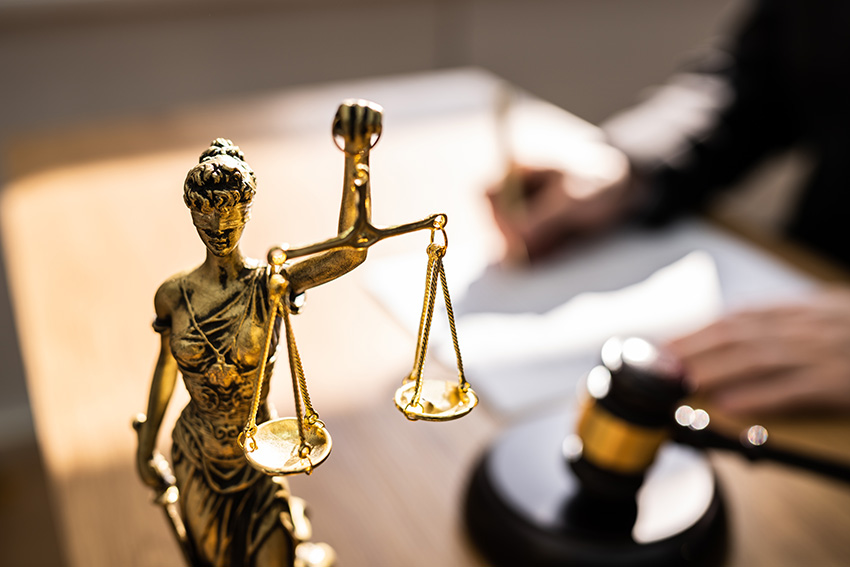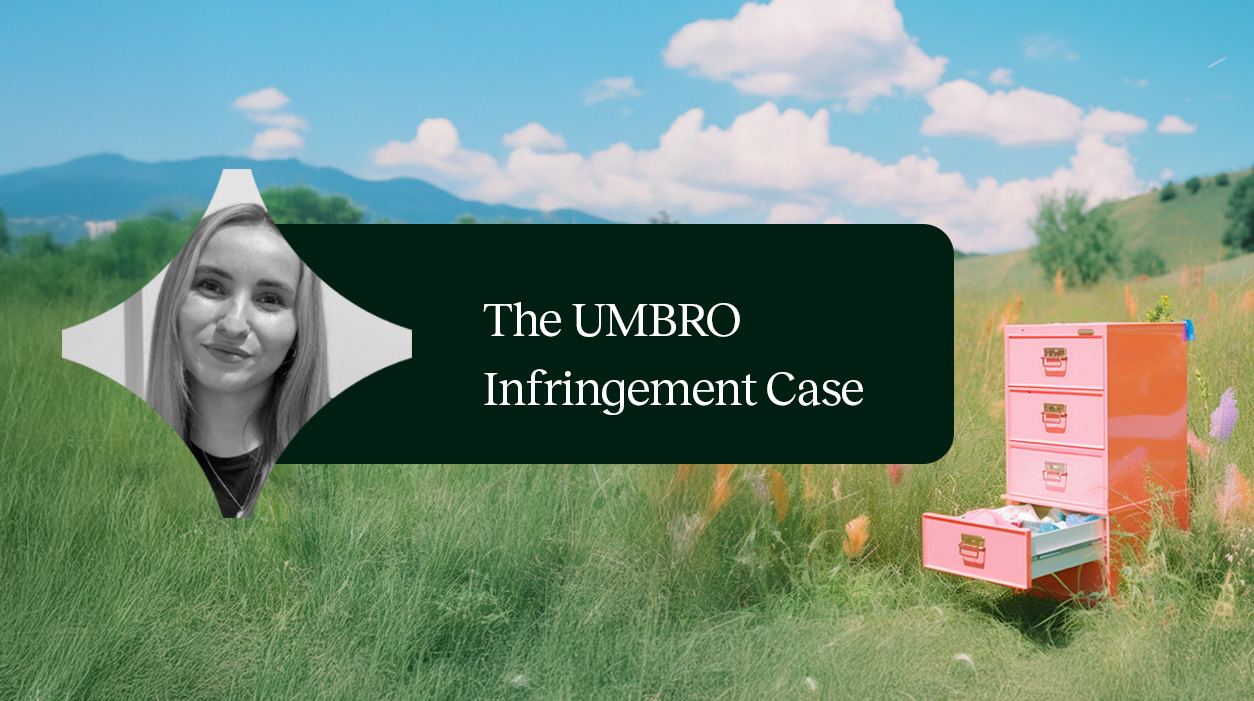Who really owns a name that is also a brand?
- IP & Trademarks

A company is reliant on the reputation and goodwill in its brand. Massive investments in marketing are each year spent to raise brand awareness within its target group. Despite this, our experience at Abion is that the common knowledge about how a brand should be protected and strengthened is surprisingly low.
In the Best Global Brand yearly survey over the world’s most valuable brands, Apple is yet again topping the list with a value closer to 200 billion USD. Samsung has reached a sixth position on the chart, which according to Interbrand Japan’s Chief Executive Masahito Namiki is due to a 10-year old policy Samsung to strengthen its brand.1
It is clear that a strong brand is not created overnight. A fundamental condition for a strong brand is owning the exclusive rights to using it. The lack of exclusivity enables competitors and other parties to use the exact same brand and thus creating a risk of confusion on the open market. Since we are now living in a digital world, an individual, a decision maker, is constantly bombarded with impressions of different brands. That is why it is really important that YOUR brand is unique, strong and has a good story.
Back to Apple, despite massive investments in the Apple brand, they are right now in a sticky situation. Steve Jobs’ personal brand “STEV JOBS” is right now trade marked in the EU by an Italian fashion start-up. Apple has sued the brothers that has founded the company and the legal dispute has raged for years. The whole thing started back in 2012, when founders Vincenzo and Giacomo Barbato realised that “STEVE JOBS” was not trade marked. At this time, the brothers had just started their fashion venture that included bags, t-shirts, jeans and accessories. The STEVE JOBS logo consists of the letter “J” with a bite-mark in the side, just like the Apple logo. Despite this, the authority did not consider it an infringement since the letter J is not – and I quote – “edible”, and therefore the logo is not considered a rip-off on Apple’s logo.
It seems as though Apple is now having to accept the fact that a fashion company has the rights to use the brand STEVE JOBS. However, it does not end here. The fashion company recently announced their intent of starting to sell electronics under the STEVE JOBS brand.2
In the near future, there is consequently a theoretical chance of seeing STEVE JOBS mobile phones next to iPhones in the store shelves.
This is just one example of the consequences of not being proactive and protecting your brands. A registered trade mark lasts for ten years and is a relatively cheap insurance for one of the company’s most important assets. It is important to think big – all that distinguishes your company, your product/service or the brand’s story – and that you want exclusivity for, ought to be protected. Apart from this, a policy and strategy for the company’s trade marks should be formulated in order to raise the brand identity, internally as well as externally.
”But is it really necessary to protect a name as a trade mark?” I am now hearing you ask. I many cases, the person and the brand is one and the same, for example Björn Borg, Ralph Lauren and so on. In those cases, the answer is evident, since the person’s name is the same as the brand it ought to have the highest level of protection.
”But when the name is NOT the same as the brand?” Well, “it depends” is the short and slightly boring answer (like most legal questions it’s hard to give general answer). If the person in question, like Steve Jobs, is synonymous with the brand, the name certainly needs to be protected as a brand.
However, registering names as trade marks is not without its problems, in particular when the person in question is still alive. A trade mark application for a name usually means that company gets exclusivity for a name. If the person in question decides to leave and start hers/his own business in his/her own name, it can get tricky since another company is owning the rights to the name in question. For example, in 2007 Björn Bord sold the rights to his name with a clause that gave him rights to a percentage of the company’s earnings. This agreement ended in 2016, which means that Björn Borg currently has no rights to any part of the company’s earnings, however successful.3 Another example is Johan Lindeberg, whose name was the origin for the brand J.Lindeberg, where the conflict between Johan and the company’s owners was most likely not made easier by the fact that Johan was synonymous with the brand.4
”But what rules apply when protecting a name as a trade mark?” Different authorities has different positions when it comes to this (per usual). However, looking at the formal standpoint of the Swedish trade mark authority PRV, they state that:
“A trade mark cannot be registered if it contains or consists of something which is meant to be perceived as someone else's well-known artist name or similar name, if the use of the mark would disadvantage the bearer of the name and the name clearly does not refer to someone who is long since deceased.”[5]
So, what does this mean really? Well, applying for a name as a trade mark is alright, as long as it doesn’t risk being confused with a celebrity, unless he/she has been dead for a long time. Therefore, in theory, I could register for example “WILLIAM SHAKESPEARE” as a trade mark and get exclusivity for the trade mark classes I specify. When looking this up, I see that there actually is a number of trade mark registered for the wording, for example the extensive trade mark protection for seeds, applied by David Austin Roses Ltd.
”But Steve Jobs was a celebrity to say the least, and not at all dead ‘long since deceased’?” True. However, the trade mark authority in this case is the EU authority EUIPO. EUIPO does not review potential confusing similarity, only distinctiveness. It’s up the trade mark holder to watch and oppose to those trade mark applications that could pose a threat to their registered trade marks. In Apple’s defence, they actually have opposed the application on the grounds that a registration could lead to a risk of confusion with a “non registered” trade mark.
In conlusion, as a company one should ask the question: ”Is this name a brand?”. In most cases the answer is no. A person that is active in an organisation, but whose organisation does not bear her/his name, is very rarely worth trade marking. However, there are of course exceptions where a name is worth trade marking, as the case of Steve Jobs proves. So, ask the question, an informed decision not to act is (almost) always better than an uninformed decision to act.
At Abion, we have a long experience in registration and strategic management of trade marks. Currently we manage trade marks and domain names for some of the most well-known digital companies in Sweden - and even the world. So do not hesitate to get in touch and ask any questions you may have on trade marks.
Sources:
1 https://asia.nikkei.com/Business/Trends/Samsung-zips-past-Toyota-to-become-Asia-s-top-brand
2 https://it.businessinsider.com/non-sanno-nulla-di-tecnologia-ma-sono-furbi-e-sperano-di-farsi-dare-milioni-di-euro-da-apple/?ref=fbpr
3 http://www.idrottensaffarer.se/namn/2015/02/bjorn-borg-forlorar-miljonroyalty
4 https://www.va.se/nyheter/2009/07/21/modekungen-talar-ut/
5 https://www.prv.se/en/trademarks/applying-for-a-trademark/requirements-for-your-trademark/hindrances-to-your-trademark/artist-names-and-similar-names/


